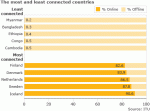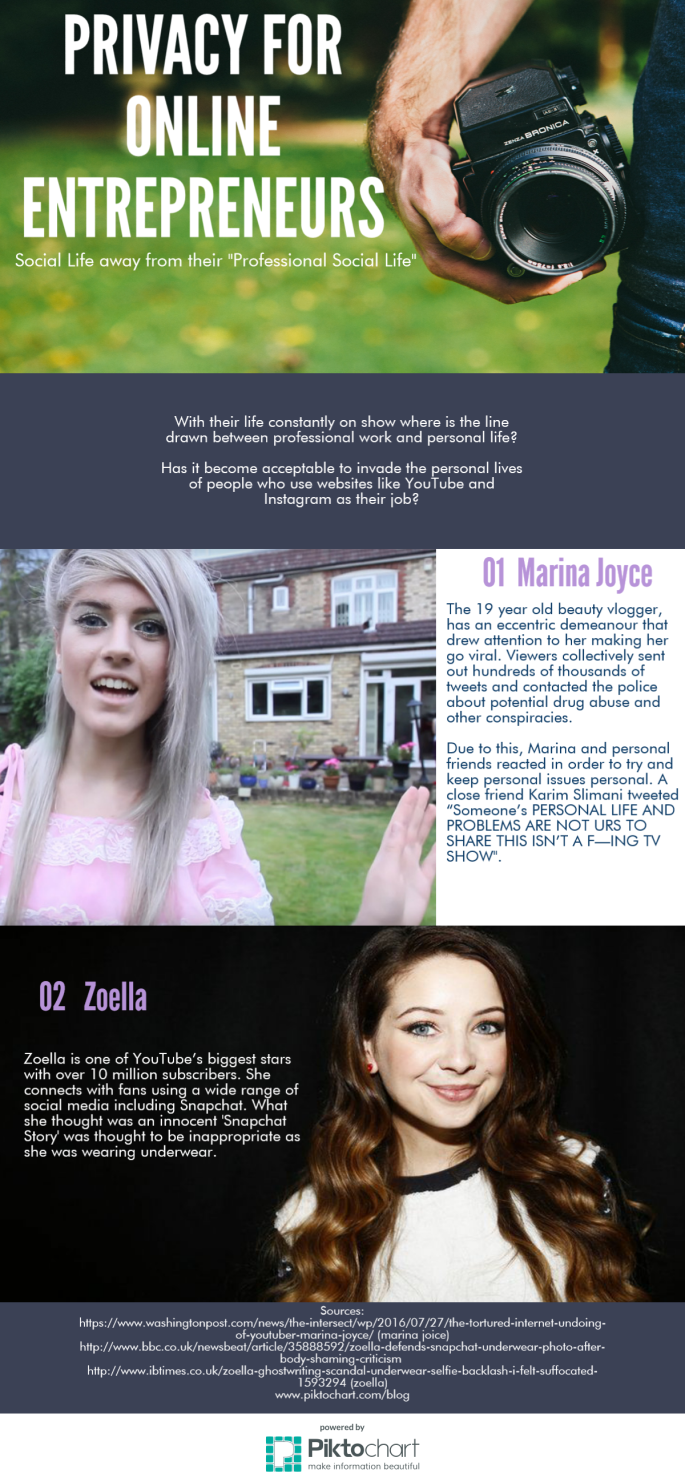
Mid-module Feedback
We would like to kindly request that you take a short moment to complete the mid-module feedback by clicking the image:
Thank you for your help, it will be very useful in improving the module and addressing current concerns.
As UoS students you all have access to iSurvey (search 'iSurvey soton'), so you might want to think about how/if you can use it in your Topic posts....
Continue reading →



















